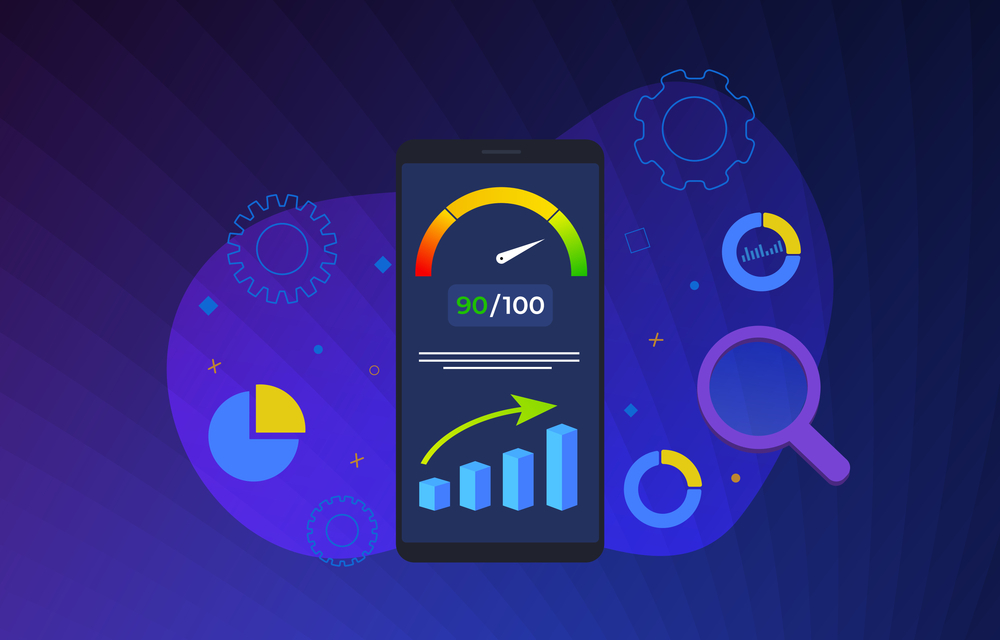
In the digital era, where smartphones are an extension of our daily lives, ecommerce businesses must adapt to the changing preferences and behaviors of consumers. Mobile optimization goes beyond just responsive design; it is about creating an immersive and seamless experience for users across various devices. In this article we’ll look at the important part of mobile optimisation in detail, showing how it affects user experience, search engine rankings, and the overall success of ecommerce businesses.
The Importance of Mobile Optimization
Mobile optimisation is a key part of e-commerce websites’ growth. Beyond responsive design, it improves the user experience and has an effect on search engine results. If your mobile site is well-optimized, browsing it will be smooth and easy, which will increase user interest and lead to higher conversion rates. Google and other search engines give more weight to mobile-friendly sites, which can affect how visible they are in search results. In this day and age of different devices and user demands, responsive design and technologies like Accelerated Mobile Pages (AMP) help websites be more flexible and load faster. Mobile optimisation is necessary for e-commerce companies that want to do well in today’s fast-paced digital market. Best practices for mobile SEO further ensure optimal performance.
User Experience Enhancement:

Mobile optimization is the cornerstone of a positive user experience. A website that loads quickly, is easy to navigate, and provides a visually appealing interface on mobile devices is more likely to capture and retain the attention of users. Responsive design ensures that the content adapts fluidly to different screen sizes, eliminating the need for users to zoom in or out, leading to a frustration-free browsing experience.
Furthermore, a well-optimized mobile site often translates into increased user engagement and higher conversion rates. Visitors are more likely to explore a website and make purchases if the process is streamlined and user-friendly.
Impact on Search Engine Rankings:
Search engines, particularly Google, prioritize mobile-friendly websites in their rankings. With the introduction of mobile-first indexing, Google predominantly uses the mobile version of a site for indexing and ranking. This shift underscores the critical importance of mobile optimization for ecommerce businesses aiming to enhance their visibility in search engine results.
By neglecting mobile optimization, businesses risk losing out on a significant portion of their potential organic traffic. A higher ranking on search engine results pages (SERPs) not only boosts visibility but also instills trust in users, as they are more likely to click on websites that appear at the top of search results.
Responsive Design and Adaptability:
Mobile optimization is not a one-size-fits-all solution; it requires a strategic approach to cater to the diverse array of devices available in the market. Responsive design, a key component of mobile optimization, ensures that the website adapts seamlessly to different screen sizes and resolutions, offering a consistent and engaging experience across smartphones and tablets.
By embracing responsive design, ecommerce businesses can future-proof their websites, remaining agile in the face of evolving technology. This adaptability is crucial in an era where new devices with varying screen sizes and resolutions are continually being introduced to the market.
Accelerated Mobile Pages (AMP):

In the pursuit of optimal mobile performance, the implementation of Accelerated Mobile Pages (AMP) is gaining prominence. AMP is an open-source initiative that aims to enhance the speed and performance of web content on mobile devices. By creating lightweight and faster-loading pages, AMP contributes to an improved user experience and can positively influence search engine rankings.
Ecommerce businesses leveraging AMP can provide users with near-instant access to content, reducing bounce rates and increasing the likelihood of conversions. Google often prioritizes AMP pages in search results, offering a competitive advantage to businesses that invest in this technology.
Mobile SEO Best Practices:
To achieve maximum impact with mobile optimization, adherence to mobile SEO best practices is paramount. This includes optimizing images, utilizing concise and descriptive meta tags, implementing a mobile-friendly navigation menu, and ensuring that the website’s content is easily accessible and readable on smaller screens.
Additionally, the importance of local SEO cannot be overlooked for ecommerce businesses with physical locations. Optimizing for local searches on mobile devices can significantly enhance visibility among users searching for products or services in a specific geographical area.
Conclusion:
In the ever-evolving landscape of ecommerce, mobile optimization is not merely a recommendation but a necessity. The impact on user experience, search engine rankings, and overall business success makes it a crucial element in the development and maintenance of ecommerce websites.
Ecommerce businesses that prioritize mobile optimization position themselves to thrive in a digital marketplace where consumer expectations continue to evolve. By creating a seamless and engaging mobile experience, businesses can not only meet the needs of their current audience but also attract and retain new customers in an era dominated by mobile devices.


